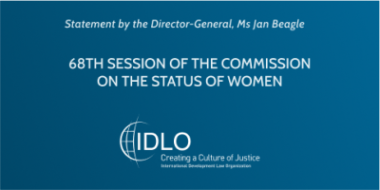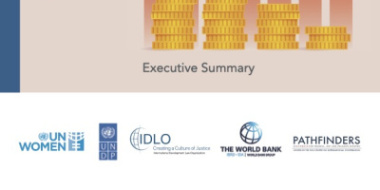Myanmar Attorney General reaffirms cooperation
The Myanmar Union Attorney General H.E. U Tun Tun Oo visited the Yangon Rule of Law Centre where he met with staff and graduates from the rule of law courses and observed an ongoing ‘training of trainers’ course.














